Rwanda is facing its first-ever outbreak of the deadly Marburg virus, with 36 cases and 11 deaths reported. WHO has classified the risk as very high in Rwanda and high across the African region. Marburg, related to Ebola, has a fatality rate that can reach 88% in severe cases.
Rwanda is currently facing its first outbreak of the lethal Marburg virus, having reported 36 cases and 11 fatalities. The World Health Organization stated this week that the outbreak poses a very high risk in Rwanda, a high risk across the African region, and a low risk globally.
What is Marburg virus?
Marburg is a virus related to Ebola that causes hemorrhagic fever, with an average fatality rate of 50%, though it has reached 88% in past outbreaks, according to the WHO. Early medical care and rehydration can improve survival chances. Symptoms typically start with a sudden high fever and severe headache, followed by vomiting, diarrhea, and uncontrolled bleeding.
The virus was first identified in 1967 in Marburg, Germany, and Belgrade, Serbia, after lab work with African green monkeys from Uganda led to human infections. Since then, outbreaks and sporadic cases have occurred in Angola, the Democratic Republic of the Congo, Kenya, South Africa, and Uganda.
How does it spread?
Marburg is transmitted to humans through prolonged exposure to mines or caves inhabited by Rousettus fruit bats. It can also spread between people through direct contact with the bodily fluids of infected individuals or with surfaces and materials contaminated by those fluids, including blood.
Is there a vaccine?
There are currently no approved vaccines or treatments for Marburg, but Rwanda's health minister has indicated that several promising candidates may enter trials soon. These include vaccines developed by non-profit organizations like the Sabin Vaccine Institute, which is collaborating with Rwandan officials, and the International AIDS Vaccine Initiative (IAVI).
Additionally, the team from Oxford University that created the AstraZeneca COVID-19 vaccine started testing its Marburg vaccine candidate this summer in the UK using similar technology.
What else is happening?
Rwanda is monitoring around 300 contacts of confirmed cases, with about 70% involving healthcare workers from two facilities in Kigali. Cases have also been reported in seven of the country’s 30 districts. The virus spreads not only in healthcare settings but also at funerals, where close contact with the deceased is common in some cultures, according to Paul Hunter, a professor at the University of East Anglia.
Is Marburg reaching new places, and why?
In 2021, Guinea reported West Africa's first case of Marburg, followed by Ghana declaring its first outbreak in 2022, and Tanzania and Equatorial Guinea in 2023. These outbreaks were generally small and controlled through public health measures. Scientists suggest the rising frequency of outbreaks may be linked to human encroachment on animal habitats. The current outbreak in Rwanda is already among the largest recorded.
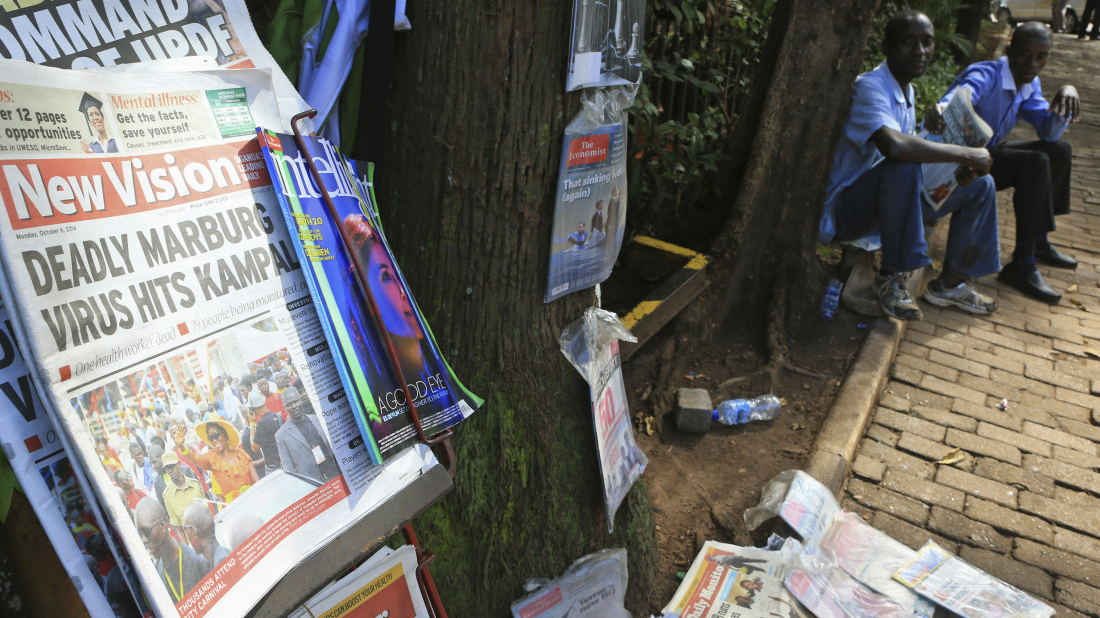
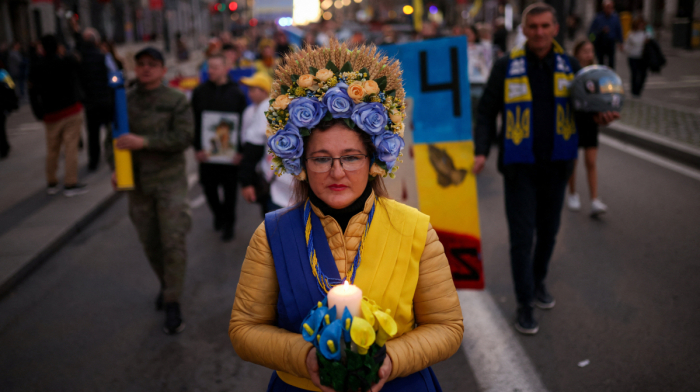

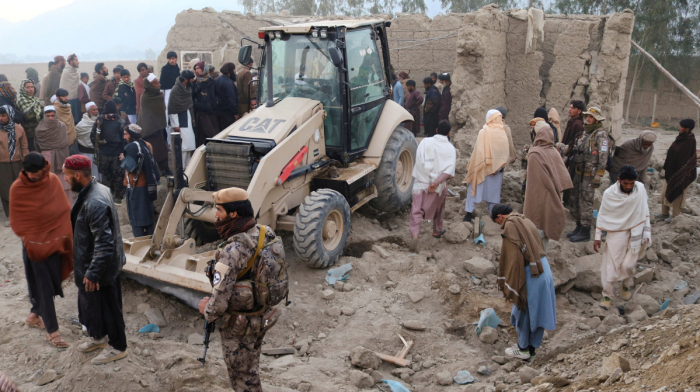
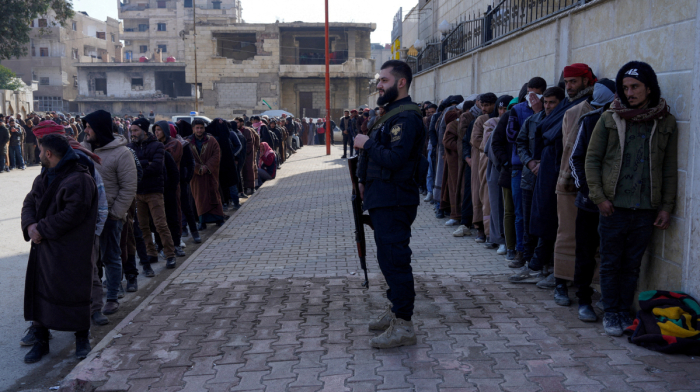


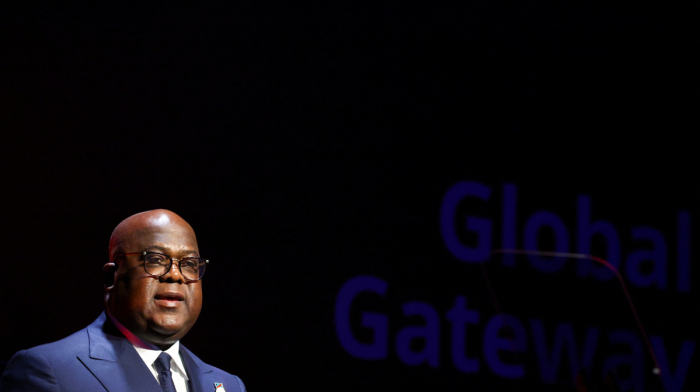
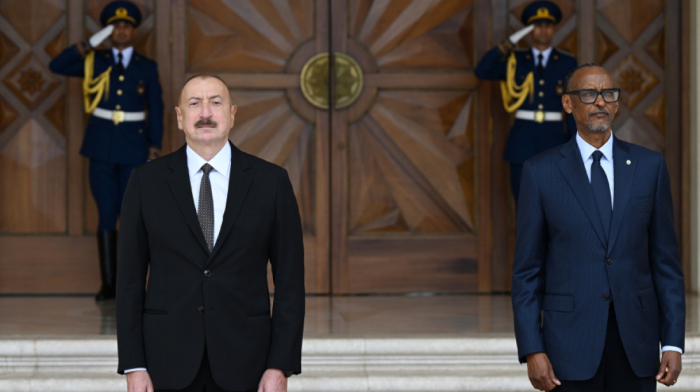
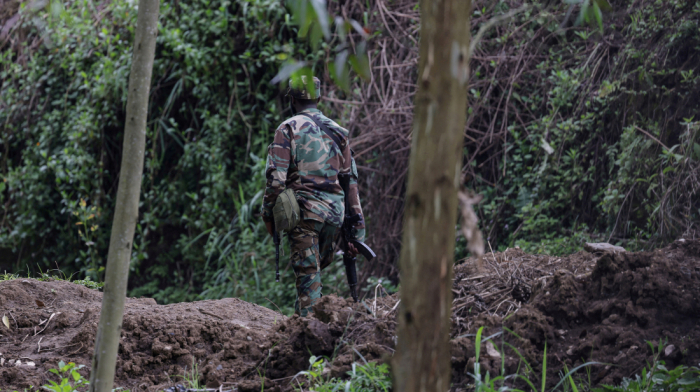

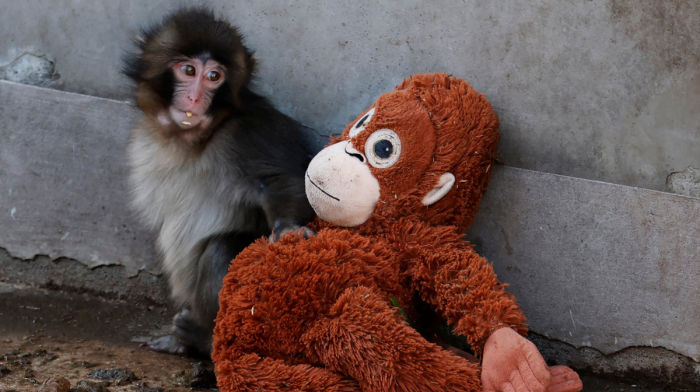
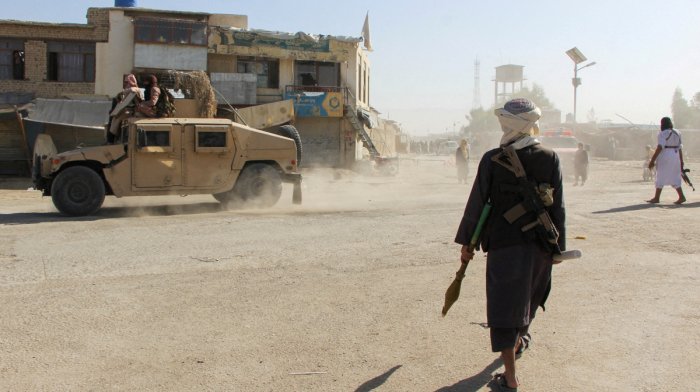

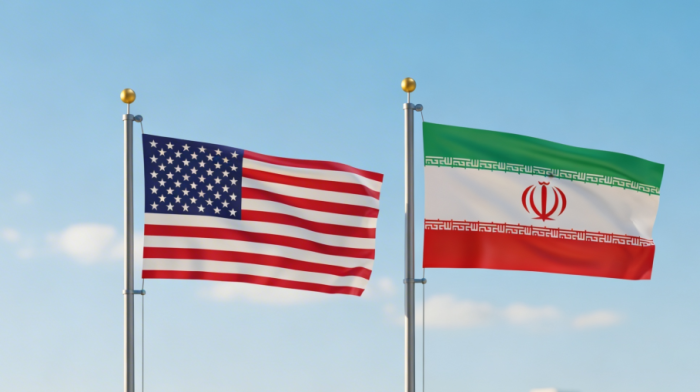
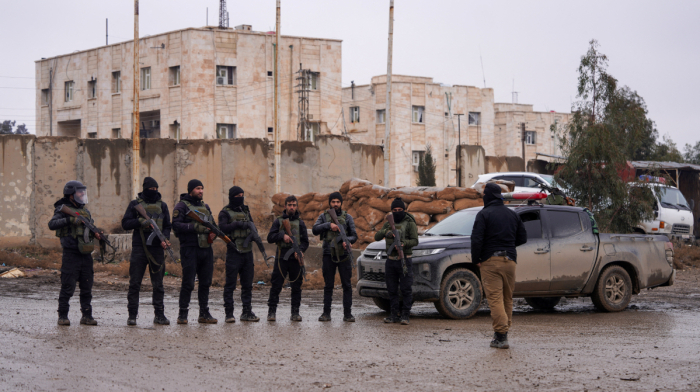
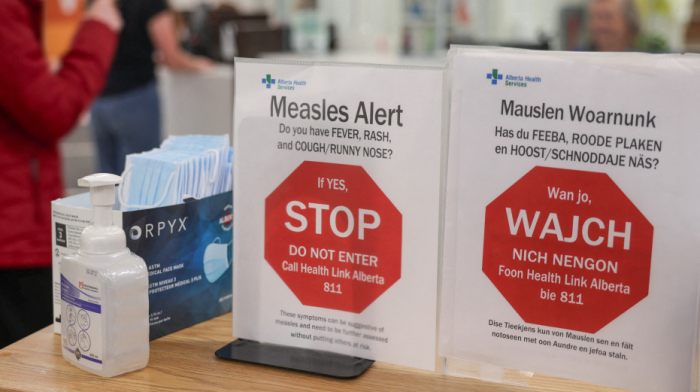
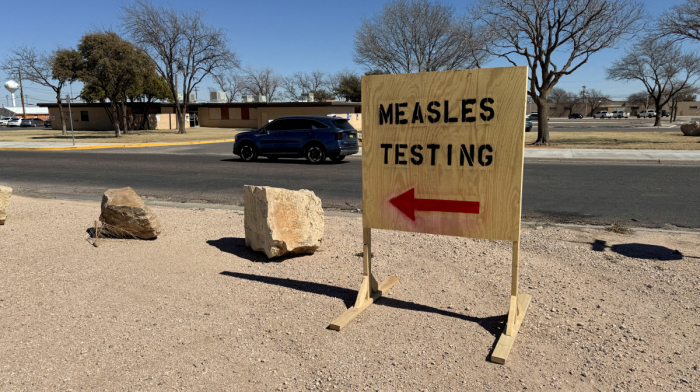
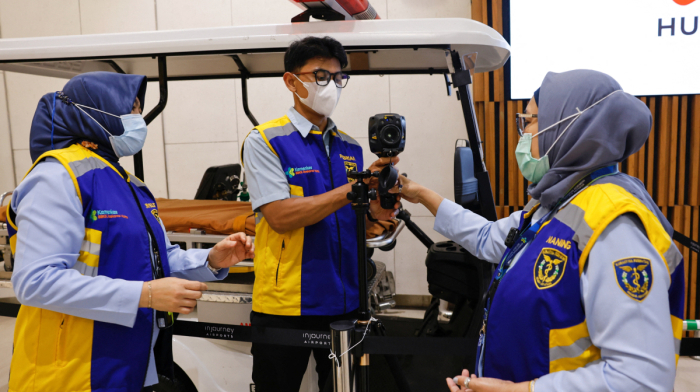

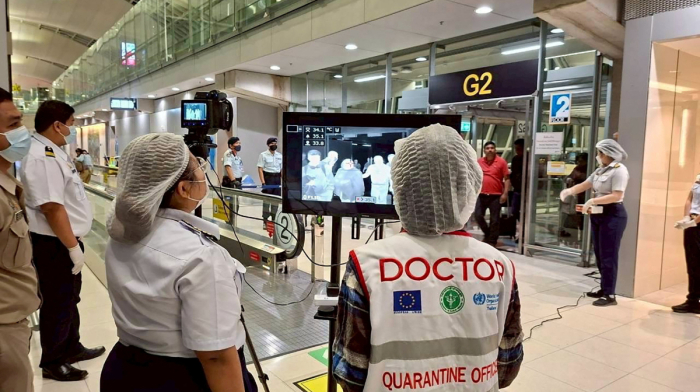



What is your opinion on this topic?
Leave the first comment